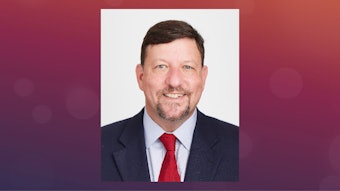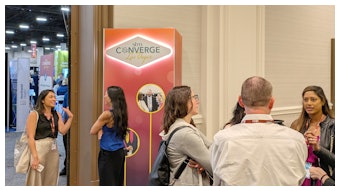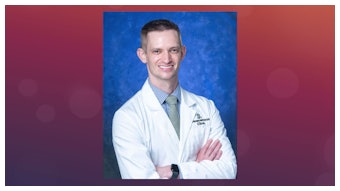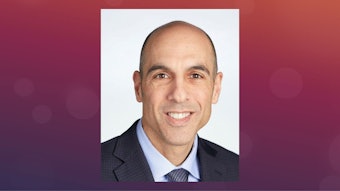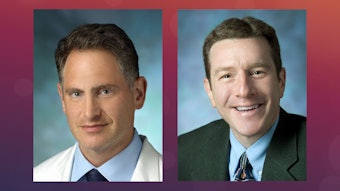Tapping into stress relief
An alternative acupressure therapy treatment offers a way to restore balance to disrupted energy.

Can a simple technique relieve stress among health care workers in this unprecedented time of pandemic-related anxiety, burnout, and fatigue?
The answer is “yes,” according to Jill Wener, MD, an Atlanta internist who specializes in physician wellness and an EFT/tapping instructor. Dr. Wener leads the session, “See One, Do One, Teach One,” a timely and practical workshop designed to help health care providers reimagine their approach to stress management with evidence-based, point-of-care stress reduction techniques.
“I definitely can’t speak for all doctors, but of the doctors I know and speak with regularly and follow on social media, I saw an enormous amount of stress both before COVID-19 and now much worse since COVID-19,” Dr. Wener said. “Doctors and other health care professionals face a lot of different, competing demands on their time and energy, many of which interfere with patient care and affect the joy and fulfillment that they get out of their careers. I see a ton of both burnout and moral injury in the clients that I work with.”
One of the stress reduction techniques Dr. Wener will showcase during the workshop is Emotional Freedom Technique or EFT/tapping, an evidence-based wellness tool with roots in traditional Chinese medicine. It involves tapping specific points on the face and chest and saying certain phrases out loud about distressing emotions or situations that a person is experiencing. According to Dr. Wener, this practice sends calming signals to the stress center of the brain and rewires how it processes that distressing event or emotion.
It’s easy to do, has little if any side effects, and can work in as quickly as five to 10 minutes, she said. It’s also something that can easily be taught to patients.
During the workshop, Dr. Wener will ask a volunteer to participate in a live tapping skill demonstration and later will lead attendees in two other types of guided meditation practices. She will provide each attendee with a customizable tapping script and will work in small groups to practice EFT/tapping.
“There are so many incredible, evidence-based, easy-to-do tools that can help manage stress and help health care professionals feel better as they go about their daily lives, both in health care and in their personal lives,” Dr. Wener said. “I think the western medical education teaches us to be a bit more skeptical of some really incredible tools and techniques that can help. The first step, after asking for help, is really being open to trying something that may actually help somebody feel better.”
Sadly, a growing number of health care providers are experiencing burnout and loss of joy in their work, and it can affect patient care. In fact, Dr. Wener said the impact of unresolved stress on the health care system is massive. Health care professionals and doctors are leaving the field because they are unhappy. If they are experiencing burnout, it can affect the way they make medical decisions and/or the way they interact with their patients. It also can negatively impact medical trainees, she said.
Although there is no single tool to relieve stress among health care providers, Dr. Wener said EFT/tapping has been shown to be effective in most of her clients. She has been using it throughout the pandemic to help support health care professionals.
“We are taught in our medical education and health care culture to be strong and a team player and not ask for help. That is probably one of the most damaging aspects of medical training,” Dr. Wener said. “For anyone reading this who is suffering from stress, burnout, depression, anxiety, or any other mental illness, it is okay to ask for help. Asking for help is actually the most courageous thing that we can do.”
Visit SHM Meeting News Central for more coverage.


